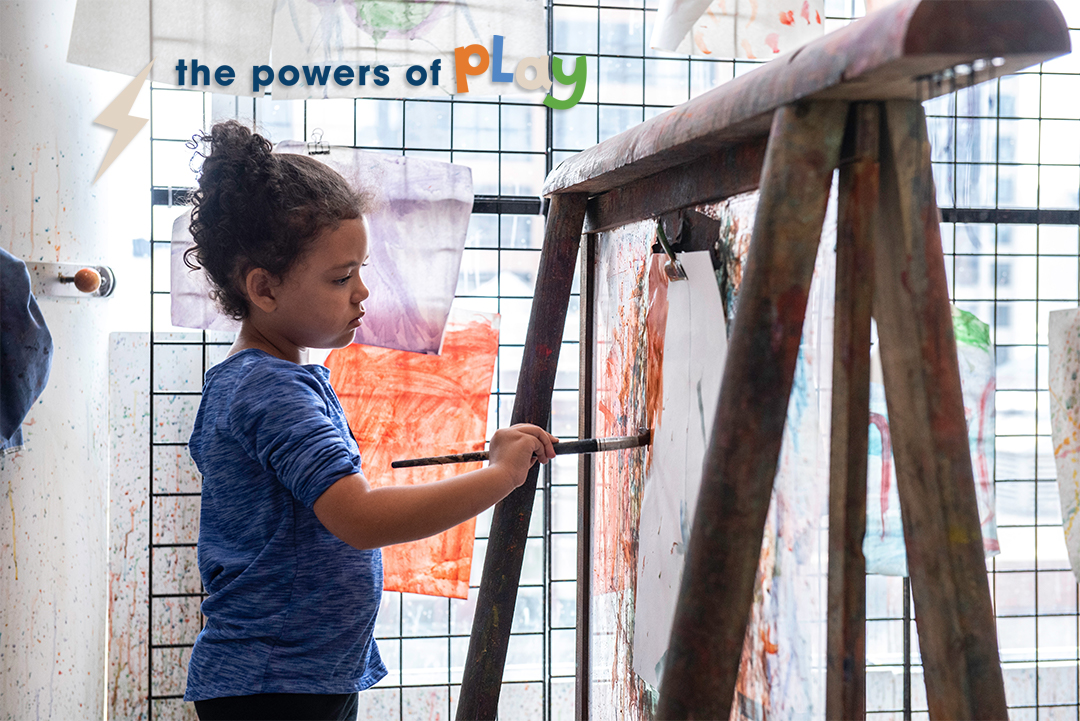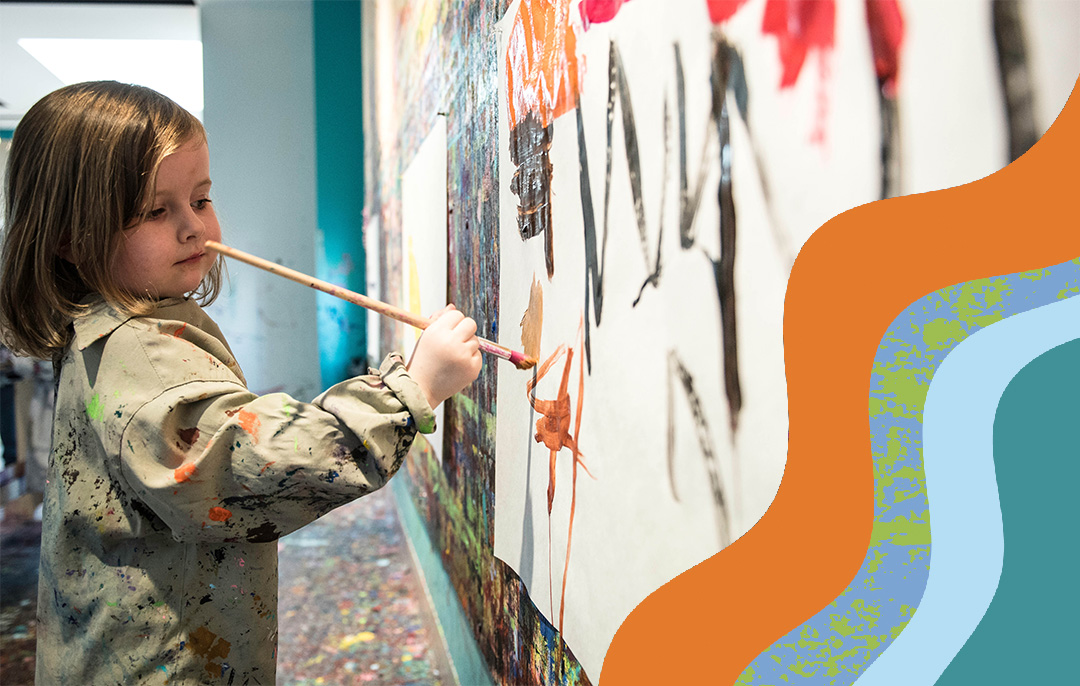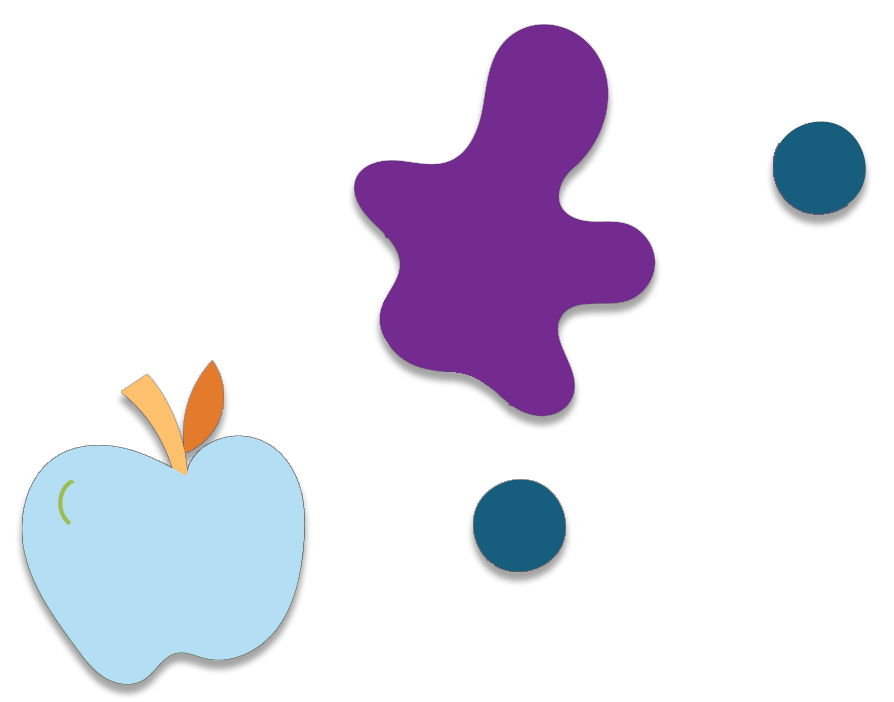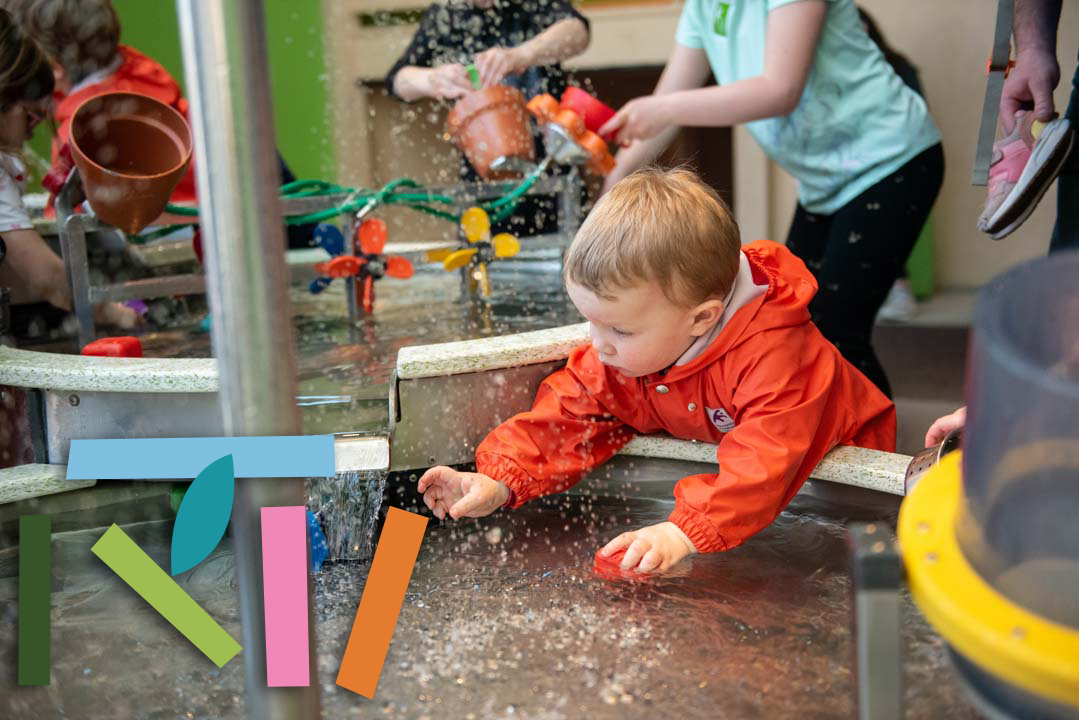Creative Thinking

At Minnesota Children’s Museum , we believe in the power of play. Play is how children explore the world around them, navigate relationships, nurture curiosity, and find joy. This post is part of a series showcasing seven powers of play: confidence, creative thinking, critical thinking, self-control, collaboration, communication, and coordination.




Creative play is like a spring that bubbles up from deep within a child.
-Joan Almon, Educator and Author
What it is:
Creative thinking is a kid’s ability to imagine, improvise, reinvent, innovate, and approach challenges from fresh perspectives.
What it looks like in action:
Kids who are thinking creatively are generating ideas, challenging assumptions, and seeing past limitations. They’re charting new paths to navigate challenges. They’re dreaming up scenarios and situations where they can try out new roles and imagine fresh outcomes.

Why it matters:
Creative thinking is a critical tool for solving our toughest problems. Creative thinking allows kids to see an obstacle and imagine new ways around it, or new ways to manage it. It supports positive social dynamics by ensuring a steady flow of energizing ideas and opportunities for connection and collaboration. It supports empathy by allowing kids to try on new perspectives and imagine new circumstances. With creative thinking, challenges are not fixed in place, but approachable and solvable.

How play helps:
Kids at play are free to dream, imagine, and pretend. Using creative thinking, they can solve made-upimaginary problems, like slaying a fire-breathing dragon at the park, or real problems, like how to include a third friend in a game designed for two. At play, constraints are fewer, allowing them room to identify new patterns and make new connections.
At home or on the go, caregivers can enhance children’s creative thinking by:
- Giving kids time and space to pursue wild ideas
- Delighting in kids’ creative processes and asking them questions about the journey
- Talking through your own creative process for anything from planning a meal to solving a challenge at work
- Recognizing creative problem-solving, creative movement, creative ideas, and other creative endeavors beyond traditional arts and crafts
Play prompts & activities to support creative thinking:
- Build a gnome home
- Make simple machines
- Read a favorite book and come up with an alternate ending
- Build a paper skyscraper or other design challenge

Powers of Play
Powers of Play
Coordination
Power of Play: CoordinationAt Minnesota Children’s Museum, we believe in the power of play. Play is how children explore the world around them, navigate relationships, nurture curiosity and find joy. This post is part of a series showcasing seven powers of play:...
Communication
Power of Play: CommunicationAt Minnesota Children’s Museum, we believe in the power of play. Play is how children explore the world around them, navigate relationships, nurture curiosity and find joy. This post is part of a series showcasing seven powers of play:...
(Self) Control
At Minnesota Children’s Museum, we believe in the power of play. Play is how children explore the world around them, navigate relationships, nurture curiosity and find joy. This post is part of a series showcasing the seven powers of play: confidence, creative...
Collaboration
At Minnesota Children’s Museum, we believe in the power of play. Play is how children explore the world around them, navigate relationships, nurture curiosity and find joy. This post is part of a series showcasing the seven powers of play: confidence, creative...
Critical Thinking
At Minnesota Children’s Museum, we believe in the power of play. Play is how children explore the world around them, navigate relationships, nurture curiosity and find joy. This post is part of a series showcasing seven powers of play: confidence, creative thinking,...
Confidence
At Minnesota Children’s Museum, we believe in the power of play. Play is how children explore the world around them, navigate relationships, nurture curiosity, and find joy. This post is part of a series showcasing seven powers of play: confidence, creative thinking,...